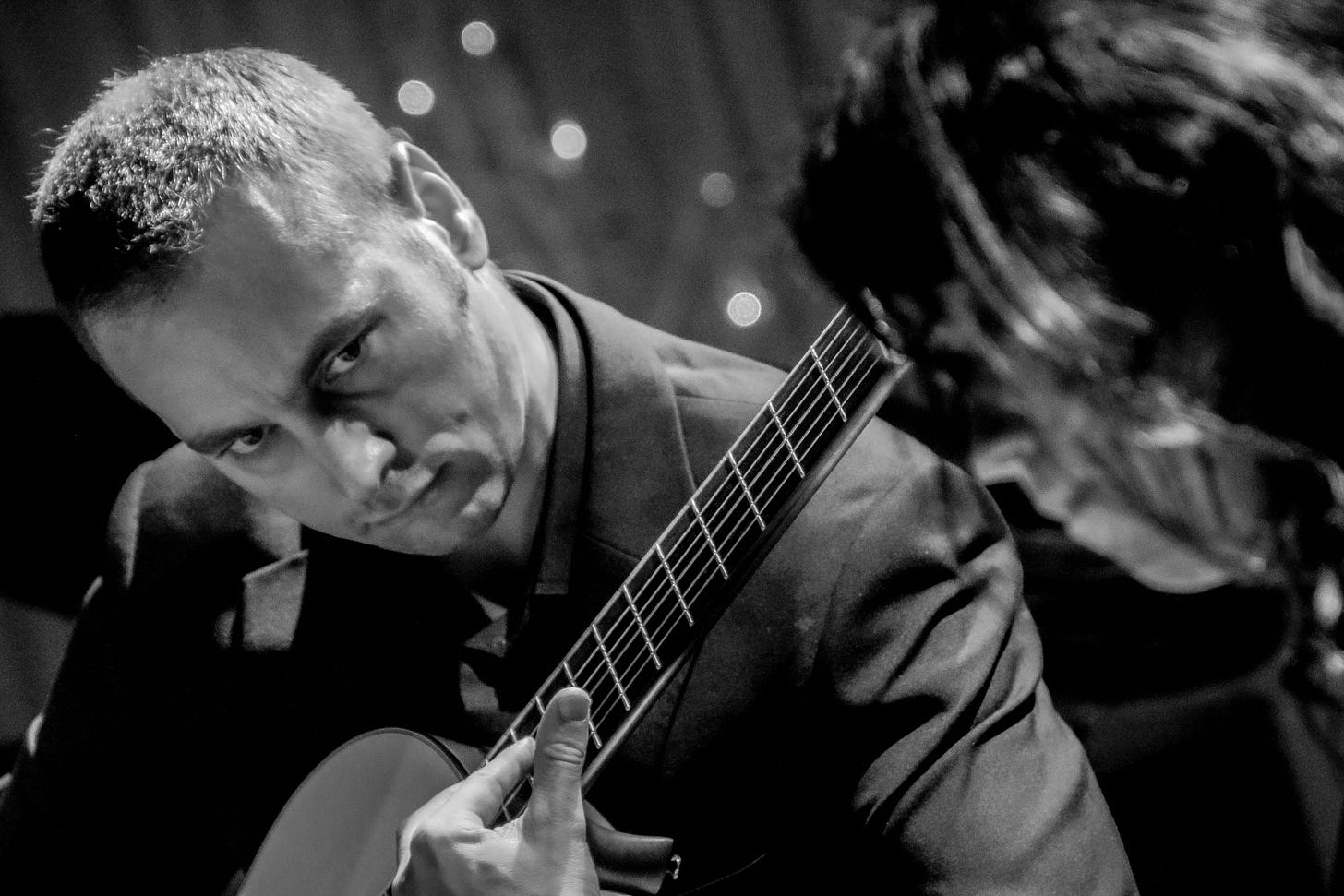
Soon after my country club gigs started, I moved all my stuff out of my parents’ house and rented an efficiency apartment in uptown Minneapolis. The place was tiny, but the rent was affordable. And, it was my space. I had an address, a mailbox, and a fixed location on the time-space grid. It was the infrastructure of a normal life — something wondrous and new to me.
At the same time, I slowly descended into a musical void. I stopped learning anything about music beyond the basics needed for my gigs. Knowing any more than that would have been superfluous. And as for the actual making of music that went beyond the country club conventions — well, I soon lost any ideas about how to do that.
My malaise extended to those rare occasions when I managed to escape the country clubs and play some after-hours jazz gigs. Though these engagements payed next to nothing, I got something in return — the freedom to play whatever I wanted.
And yet even when I had this chance to give my creativity free rein, the results were routine and mechanical. I went through the motions, and nobody really connected with the music. The applause from the tiny audiences was polite and obligatory. The performance was dry and lifeless, with all the excitement of a doctoral dissertation.
One thing I know: Trying to appreciate anything out of a sense of obligation is the surest way to kill it.
When I listened to music at home, I chose jazz, especially the great horn players surrounded by electric instruments. Miles Davis ruled this genre. I loved Bitches Brew, On the Corner, Jack Johnson and Aura. What I admired most about Miles was that I couldn’t predict what he’d do next. He understood that jazz is an art form founded on improvisation — the systematic cultivation of pure surprise. Like Wayne Shorter said, “The word jazz to me only means I dare you.”
But there was no surprise in my own playing. I dared no one. My soul-sucking country club gigs demanded that my playing be one-hundred-percent predictable. My job was to play music that the listeners in my target demographic would instantly find familiar: Ah yes, I remember that tune. Those were the good old days. It was all dated gestures and pure nostalgia.
I happily collected my checks at the end of the country club gigs. But as I settled into my new normal life, the gap between the music I played to earn money and the music I listened to at home grew wider and wider.
Eventually I hit bottom again, though not with the hard landing I had while staring into that hotel bathroom mirror. I simply imagined talking to my old guitar gods — Hendrix, Clapton, Page. You forgot the music, they said. You forgot the sacred sound that blew your heart wide open.
And how could I possibly respond? With one answer only: They were right.
At that point in my life, playing music felt like losing battles. The guitar gods dwelt in their celestial palaces, far from the slums inhabited by hacks like me. When I put on my tux and bow tie and headed to the country clubs, I felt like a clown.
One day, while commiserating over a beer with Stephen Wexler, a buddy of mine, I tried to articulate my problem. I joked about finding a Twelve Step support group for guitar players. We’d meet in a church basement, admit that we’d hit bottom, and make amends to all the listeners that we’d harmed with our musical clichés.
“I know how you can do that,” Wexler replied.
“No way,” I said.
Wexler flashed a wide grin, pulled a business card out of his wallet, and handed it to me. “Call this guy. He’s a guitar teacher. Maybe he can help you.”
I stared at the card. “Are you shitting me? Is this guy for real?”
“Hell if I know,” Wexler said. “I've never met the guy, but I’ve heard a lot about him. Word on the street is that he’s really out there, you know — cosmically strange. His idea of a lesson is to have you play one note over and over again until you merge with it. Or maybe he’ll ask you to put away your guitar and just sit on your ass and meditate for an hour. Or, he’ll lecture about The System of Six Constraints and other bullshit like that. In return for all this philosophical mumbo-jumbo, you pay twenty-five bucks an hour. I’d advise staying home and doing something really spiritual instead, like drinking a stiff cocktail.”
“Okay,” I said. “Whatever.” I tucked the card into my pocket and forgot about it.
Later that night I found the card while emptying my pockets. I decided to call some local guitar players and ask if they knew anything about this teacher. All I got in return was a bunch of rumors. One was that he’d written a piece called The Emergence of the Primordial Spirit from the Unmanifest Void, or something like that, and that he required his students to learn it. Another was that he forced students to play cheap pawn-shop guitars until they’d reached something called the First Level of Mastery. It all sounded cheesy.
But then again, I was still in a bind about the state of music in my life. I was hungry for some higher knowledge. What the hell, I said to myself. Give the guy a call. What’ve I got to lose?




Keep. Going. ‼️